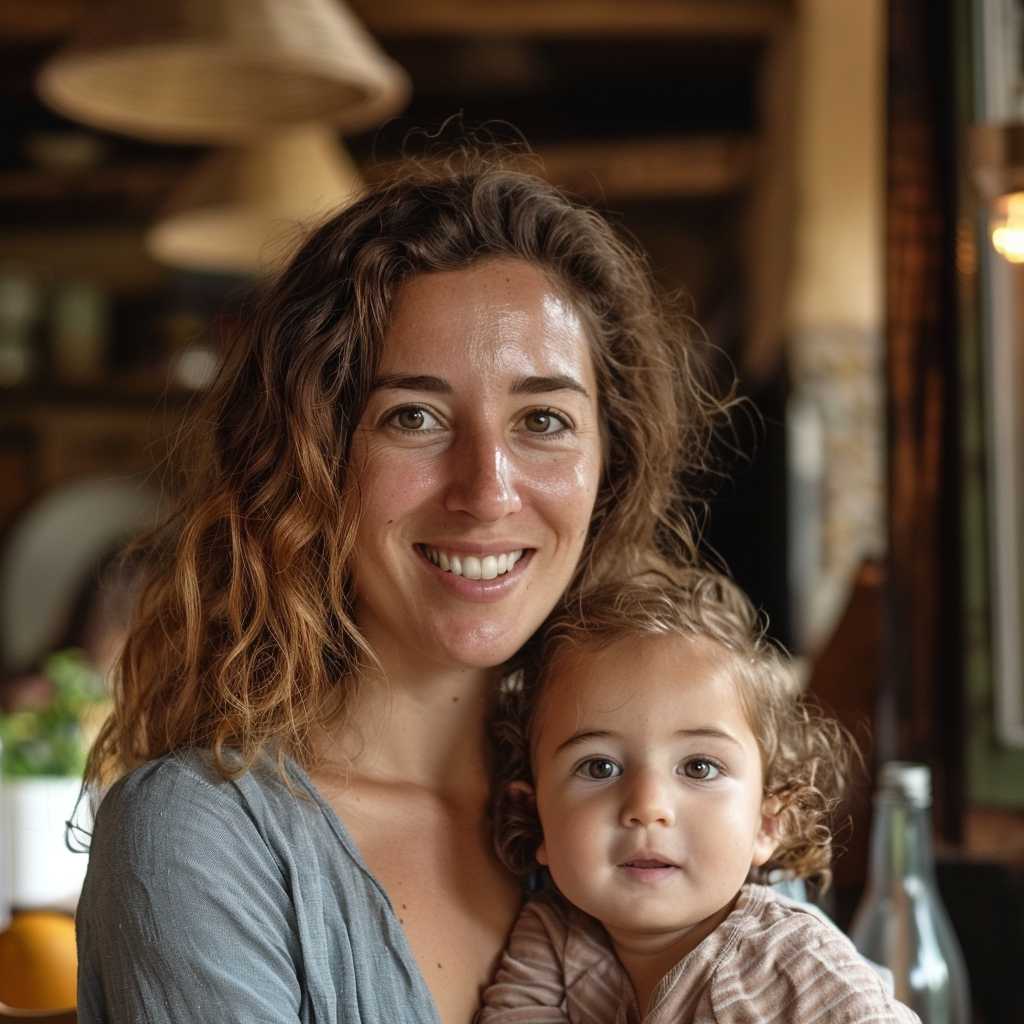Exploring Moscow: A Metropolis Steeped in History and Modernism
As the capital city of Russia and one of the most storied cities in the world, Moscow is an architectural and cultural feast that blends its Tsarist heritage with Soviet legacies and an increasingly global presence. The city buzzes with vitality amidst its historic streets, ostentatious monuments, and vibrant nightlife, showing off a multifaceted personality as a center of Russian power, culture, and history.
Historical Overview
Moscow’s history is as dramatic and tumultuous as Russia’s own. Founded in the 12th century as a medieval town, Moscow rose to prominence under the rule of Ivan III (Ivan the Great), becoming the capital of the Grand Duchy of Moscow and later the Tsardom of Russia. With the fall of the Byzantine Empire, Moscow claimed the mantle as the “Third Rome,” positioning itself as a new seat of Orthodox Christianity.
Under Peter the Great, the seat of power temporarily shifted to St. Petersburg; however, Moscow regained its status as the capital following the Bolshevik Revolution in 1917. Throughout World War II or ‘The Great Patriotic War’ as termed in Russia, Moscow was a principal target for invasion but remained unconquered, a testament to its symbolic significance and resilient spirit.
Post-war Moscow saw extensive reconstruction along with Cold War-era expansion characterized by grandiose Soviet architecture. Advancing into the 21st century, Moscow has cultivated a cosmopolitan atmosphere with its embrace of modern business and skyrocketing high-rises while staying anchored in its illustrious past.
Architectural Splendor and Attractions
At the heart of Moscow’s historic and spiritual core is the Kremlin – a fortified complex that includes palaces, cathedrals, and the Russian government’s official residence. The iconic Red Square lies beside it, hosting Lenin’s Mausoleum and showcasing GUM
One cannot miss embracing the majesty of St. Basil’s Cathedral with its multicolored domes providing a picture-perfect postcard of Russian aesthetic tradition. Outside the central core, the city unfolds into a network of boulevards known as the Garden Ring, boasting impressive standouts like the Pushkin Museum and Tretyakov Gallery housing significant art collections.
Moscow’s seven Stalinist skyscrapers known as the “Seven Sisters” project an indelible Soviet-era silhouette against its sprawling skyline while contrastingly, emerging business districts like Moscow City display expressive modern marvels.
Culture and Lifestyle
Diversity in all forms shapes Moscow’s cultural complexion. The Bolshoi Theatre remains a hallowed ground for ballet and opera buffs around the world. Literary connoisseurs make pilgrimages to spots associated with famous Russian authors like Tolstoy and Dostoevsky.
Cuisine reflects Russia’s regional variability offering anything from traditional borscht and blini to lavish caviar tasting sessions. Infused with global influences, modern Moscow presents an array of dining options encompassing haute cuisine to local street food.
From scenic parks such as Gorky Park to more peaceful spots such as Kuskovo Estate, or a cruise along Moskva River on warm days, Moscow endears itself offering escapes within nature despite its intense urban character.
Economy and Global Influence
As Russia’s financial center, Moscow exerts commanding influence over the national economy. It hosts large banks and is flanked by expats and ambitious professionals animating its affluent financial districts. In terms of industries, it thus fronts technology development, media conglomerates, and trade expos shedding light on its role within international markets. Political events continue to cast Moscow on the world stage where decisions taken in Kremlin significantly shape international relations.
Interestingly, Moscow pairs its economic might with fostering arenas for leading scientific achievements – from space technology at The Space Research Institute to ground-breaking work at The Skolkovo Innovation Center.
